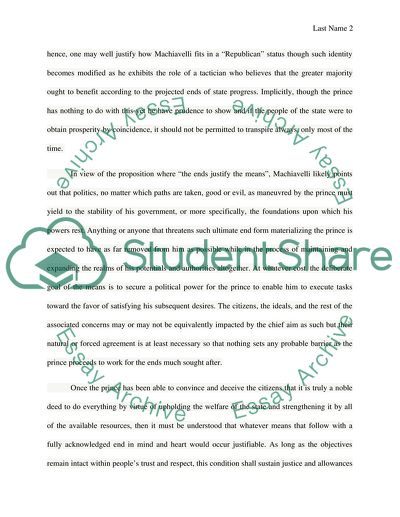Cite this document
(“Machiavelli Term Paper Example | Topics and Well Written Essays - 1000 words”, n.d.)
Retrieved from https://studentshare.org/history/1584021-machiavelli
Retrieved from https://studentshare.org/history/1584021-machiavelli
(Machiavelli Term Paper Example | Topics and Well Written Essays - 1000 Words)
https://studentshare.org/history/1584021-machiavelli.
https://studentshare.org/history/1584021-machiavelli.
“Machiavelli Term Paper Example | Topics and Well Written Essays - 1000 Words”, n.d. https://studentshare.org/history/1584021-machiavelli.


